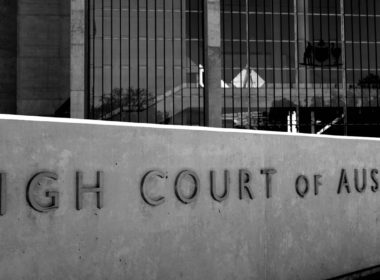Snapshot
- 2024 has been a difficult year for whistleblowers and their lawyers with two, David McBride and Richard Boyle, being prosecuted for attempted public interest disclosures.
- Legal practitioners need to tread carefully to stay within the narrow scope of the immunity provided by the Public Interest Disclosure Act 2013 (Cth) and Public Interest Disclosure Act 2022 (NSW).
- Drawing on Richard Boyle’s case, this legal update discusses how NSW practitioners can navigate the public interest disclosure framework without incriminating themselves or their client.
In recent years, public officials have increasingly found themselves navigating a complex terrain fraught with legal, ethical and personal risks when making a public interest disclosure. Despite the existence of statutory protections ostensibly designed to safeguard whistleblowers, these individuals are frequently subjected to professional retaliation, reputational harm, social stigmatisation and, in certain instances, legal prosecution. The continuing criminal proceedings against Australian Taxation Office (‘ATO’) whistleblower, Richard Boyle, serves as a particularly cautionary example for both potential whistleblowers and their legal representatives. Boyle exposed serious misconduct within the public sector that was ultimately vindicated. Yet rather than being afforded his assumed protections intended by the law, he was prosecuted. This legal update sets out the key provisions of the current legislative framework and some lessons for potential whistleblowers and legal practitioners that emanate from the Boyle proceedings (Boyle v Commonwealth Director of Public Prosecutions [2023] SADC 27 (‘Boyle (No 1)’), Boyle v Director of Public Prosecutions (Cth) [2024] SASCA 73 (‘Boyle (No 2)’) and Boyle v Commonwealth Director of Public Prosecutions [2024] HCASL 282).



